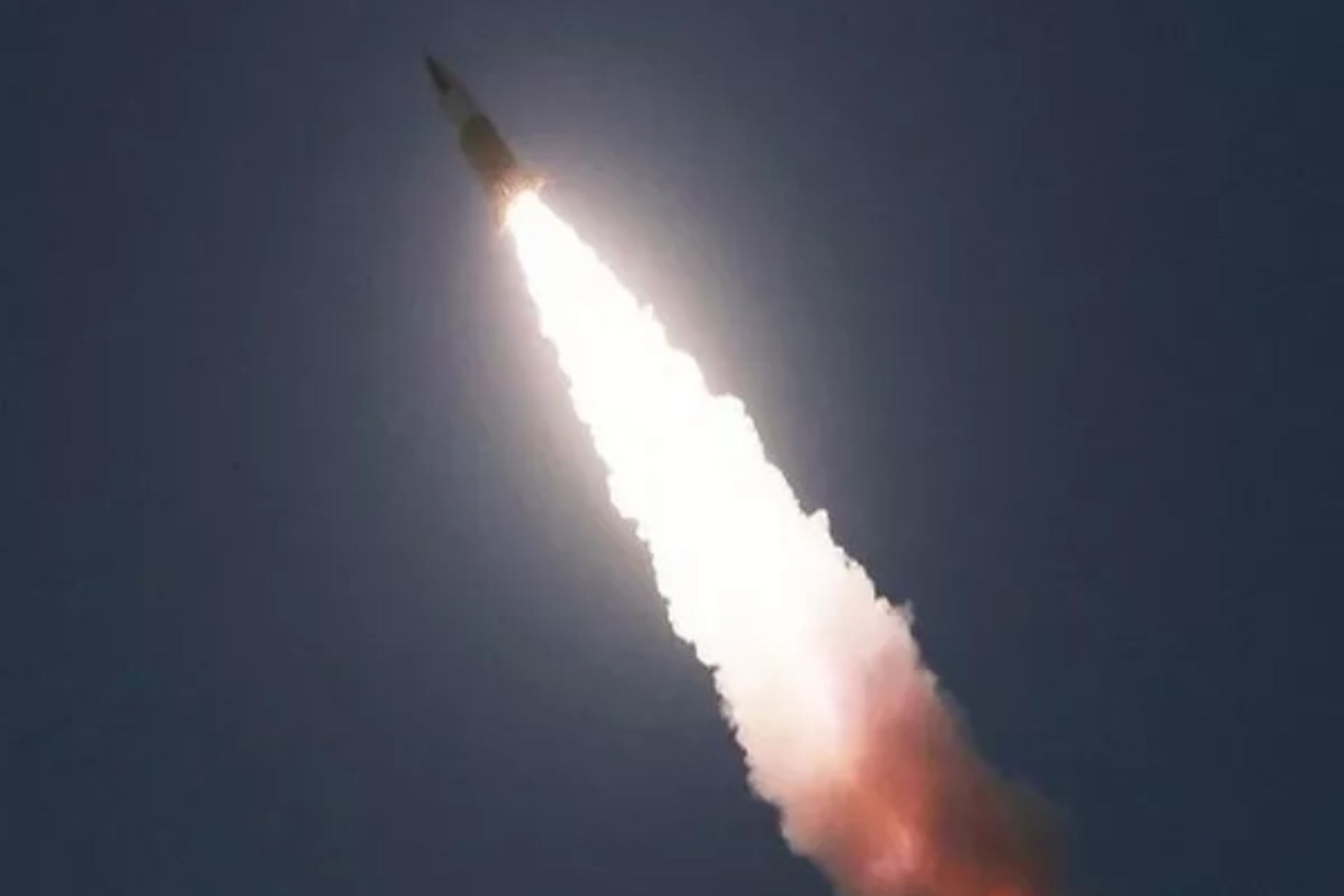India Marks Progress in Ballistic Missile Program with Successful Agni-4 Test

{loadposition bannertop}
{loadposition sidebarpub}
India has achieved a new step in its ballistic missile program with the successful test of the Agni-4, an intermediate-range ballistic missile capable of covering distances between 2,500 and 3,500 kilometers. This test, conducted on September 6, 2024, from the Integrated Test Range in Chandipur, Odisha, was announced by the Indian Ministry of Defense which confirmed the validation of the missile’s operational and technical parameters.Follow Army Recognition on Google News at this link
India Successfully Test-Launches Agni-4 Ballistic Missile (Picture source: ANI)
The Agni-4 is part of the Agni missile family, which is central to India’s nuclear deterrence strategy. This family includes several variants, ranging from Agni-1 with a range of 700 kilometers to Agni-5, capable of reaching over 5,000 kilometers. These missiles can carry both conventional and nuclear warheads, thereby enhancing India’s strategic flexibility.
The development of the Agni-4 comes amidst a tense regional context, where India seeks to maintain a balance of power with its neighbors, particularly Pakistan and China. The missile is equipped with advanced technologies, including satellite navigation and sophisticated guidance systems, ensuring its accuracy and reliability.
Concurrently, India is working on the Agni-6, an even more ambitious project targeting a range of up to 10,000 kilometers. Notably, the Agni-6 could be launched from submarines, thereby enhancing India’s second-strike capability, a critical element for nuclear deterrence. The ability to launch missiles from submarines would provide India with a launch platform that is less vulnerable to enemy first strikes, thus strengthening its security posture.
The Indian Ministry of Defense emphasizes that the development of these advanced technologies is crucial not only for national security but also as a means to promote the Indian defense industry on the international market.
With these developments, India continues to solidify its status as a major regional power, while positioning itself as a key player in the strategic balance of South Asia. The success of the Agni-4 test is thus a significant step in bolstering India’s defensive arsenal, underscoring its ambitions to acquire deterrent capabilities to secure its borders in the northwest and northeast, areas currently subject to great tension.

{loadposition bannertop}
{loadposition sidebarpub}
India has achieved a new step in its ballistic missile program with the successful test of the Agni-4, an intermediate-range ballistic missile capable of covering distances between 2,500 and 3,500 kilometers. This test, conducted on September 6, 2024, from the Integrated Test Range in Chandipur, Odisha, was announced by the Indian Ministry of Defense which confirmed the validation of the missile’s operational and technical parameters.
Follow Army Recognition on Google News at this link
India Successfully Test-Launches Agni-4 Ballistic Missile (Picture source: ANI)
The Agni-4 is part of the Agni missile family, which is central to India’s nuclear deterrence strategy. This family includes several variants, ranging from Agni-1 with a range of 700 kilometers to Agni-5, capable of reaching over 5,000 kilometers. These missiles can carry both conventional and nuclear warheads, thereby enhancing India’s strategic flexibility.
The development of the Agni-4 comes amidst a tense regional context, where India seeks to maintain a balance of power with its neighbors, particularly Pakistan and China. The missile is equipped with advanced technologies, including satellite navigation and sophisticated guidance systems, ensuring its accuracy and reliability.
Concurrently, India is working on the Agni-6, an even more ambitious project targeting a range of up to 10,000 kilometers. Notably, the Agni-6 could be launched from submarines, thereby enhancing India’s second-strike capability, a critical element for nuclear deterrence. The ability to launch missiles from submarines would provide India with a launch platform that is less vulnerable to enemy first strikes, thus strengthening its security posture.
The Indian Ministry of Defense emphasizes that the development of these advanced technologies is crucial not only for national security but also as a means to promote the Indian defense industry on the international market.
With these developments, India continues to solidify its status as a major regional power, while positioning itself as a key player in the strategic balance of South Asia. The success of the Agni-4 test is thus a significant step in bolstering India’s defensive arsenal, underscoring its ambitions to acquire deterrent capabilities to secure its borders in the northwest and northeast, areas currently subject to great tension.




